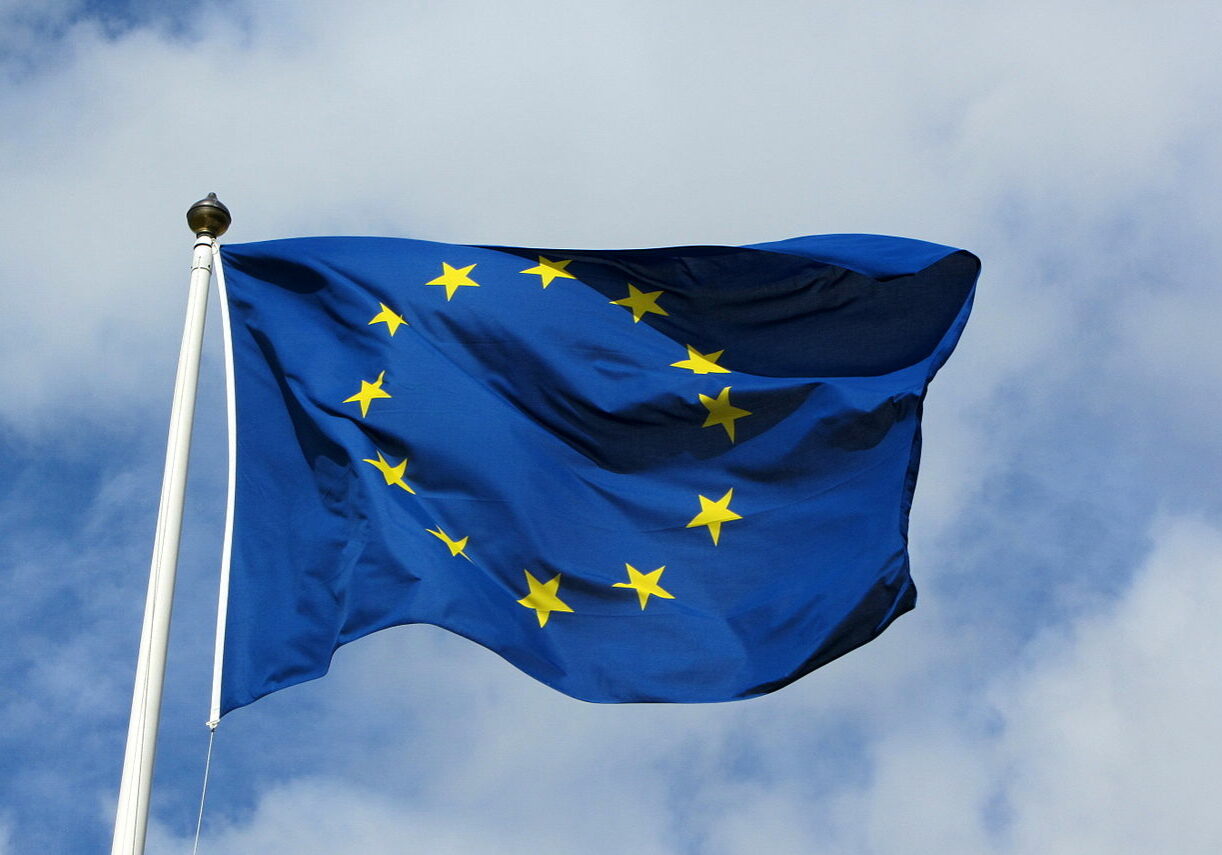EU Parliament “greenwashing” nukes and gas

Sound science and sustainable economics could globally accelerate renewable energy policy to abate the climate crisis. Instead, on July 6, 2022, members of the European Union (EU) Parliament decided to let politics trump science and voted 328 to 278 to reject a resolution that would have blocked nuclear power and natural gas from being included in Europe’s Taxonomy Delegated Act. The Act was originally brought forth on March 9, 2022 by the EU’s executive branch, the European Commission, included the temporary labeling of the two controversial energy sources as “transitional” investment opportunities to sustainable renewable energy to address the climate crisis. The inclusion of nuclear power and natural gas sparked sharp controversy further inflamed by Russia’s protracted invasion of Ukraine and Putin’s domination of the region’s natural gas and nuclear fuel supplies.
The Parliament’s July vote has widened the gap between EU countries and their leadership. Bloomberg News reports that many EU banking institutions, ESG investors and climate activists are united in resistance to the decision, calling it everything from a “disappointment” to a “sick joke.” The Financial Times reports, “Several financial institutions including the European Investment Bank, the EU’s lending arm, have already said they are likely to ignore the gas and nuclear designation.” Indeed, the Commission’s original action plan was not only to finance “sustainable growth” and “boost green investments” but to prevent “greenwashing” dirty, unsustainable energy sources. The European Commission then put forward the Taxonomy Delegated Act proposing that nuclear power and natural gas be listed among its “environmentally sustainable economic activities.”
Ironically, on the same day as the Parliamentary vote, French Prime Minister Elisabeth Borne announced that France, the EU member most reliant on nuclear power, is nationalizing 100% of Electricite de France (EDF) which operates the nuclear power fleet. France, already with 80% of the state-owned EDF, is economically plagued by uncontrolled new reactor construction costs and extended delays in completion of its projects in France and the United Kingdom. A large proportion of the nation’s aging reactor fleet is presently shut down for maintenance that includes unanticipated generic pipe deterioration caused by a mysterious corrosion. Unseasonable hot weather and drought is further threatening the remaining operating fleet with reduced power and outages as they experience inadequate cooling water issues.
Austria and Luxembourg have already indicated that they will challenge the EU inclusion of nuclear power and natural gas as “economically sustainable” in the courts in a legal battle that will likely take years to litigate. Environmental groups have also pledged to engage the “institutional greenwashing” of nuclear power and natural gas with legal action.
Support Beyond Nuclear
Help to ensure a safer, greener and more just world for all

